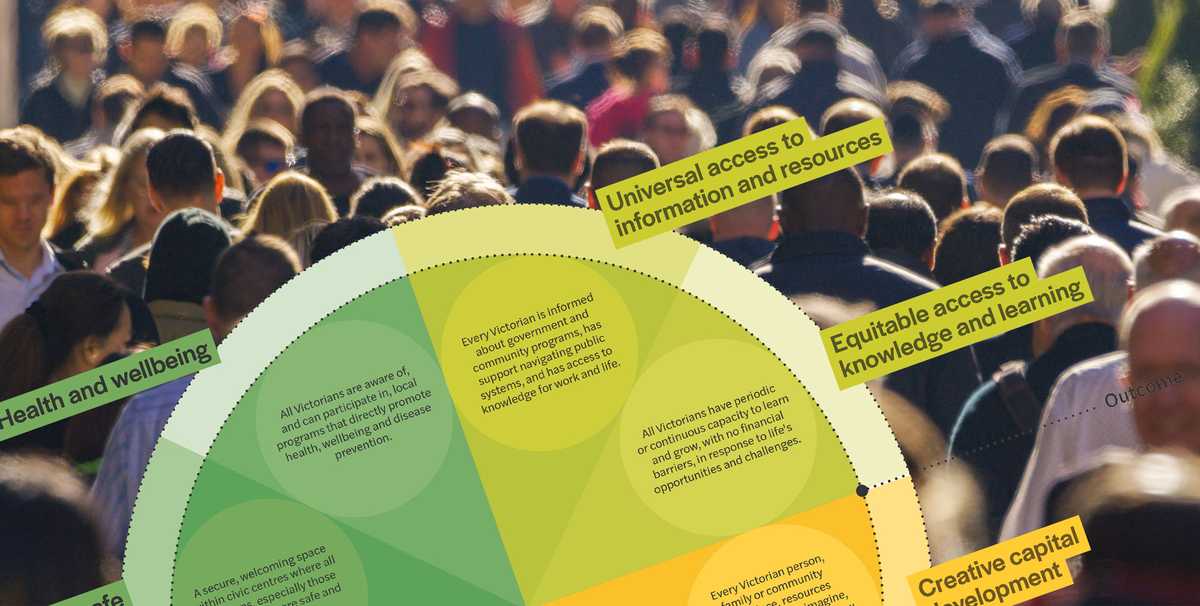
Information overload is defined as ‘difficulty in understanding an issue and effectively making decisions when one has too much information about that issue’.
I know no one who doesn’t know this feeling – even the masters of mindfulness (damn those happy folks!). It’s a unifying yet distressingly common experience in contemporary urban society. You will be overloaded with information.
That’s because, in 2019, we have information pouring from every screen. That information gushes in and it is being interpreted by our brains consciously and subconsciously. We spend an average of 10 hours every day in front of a screen. That brain is working hard.
If you are holding that device in a shopping centre your cerebrum is being pounded by light, sound, feelings and, the most recent favourite, smell. You want to find the pet shop but the perfume from the Priceline is confounding you.
At the office, the specialisation of skills in the modern business world and the competitive context in which specialists work, mean we are receiving ever more complex narratives in ever-changing taxonomy. Just when you thought you grasped it, they change the rules or the language in a game of dominant relevance. Frustrated? You should be! Alas, there’s nothing you can do about it.
And then there are the choices. No matter the market, competition is fierce. There are so many more companies with such craftily conceived value propositions than just a generation ago. The choice is quite amazing! And generally confusing.
All of this adds up to a very difficult context in which to explain anything in a way that will be understood and remembered.
What, then, should a company – that sells a range of specialist services (some of which bear the hallmarks of overwrought lexicon) to a range of complex sectors – do when approaching a brand re-fresh? A multidisciplinary practice that is rewarding to work with and for because of the way its seemingly disparate parts come together in calculated symmetry to change the world for the better? A company like, say, Ellis Jones?
Well, we got lost. A lot. We ran in circles. We agonized over each word. We had workshops.
And we dreaded the questions ‘so, what actually is it that you do’ as much as ‘you’re a research company, right?’ – not because they’re valid, but because YOU SHOULD NOT HAVE TO ASK!!! You should know from our beautiful prose.
Ultimately, this is what we did:
- Say it simple. If you can’t describe what you do in one line, you’ll always sound like you are selling not being.
- Fight the desire to explain everything. Being descriptive does not mean writing like DH Lawrence or a lecturer in advanced ornithology.
- Lead with purpose. A clear purpose provides confidence to the companies for whom you want to work that you are good company to keep. Even if they don’t ‘get‘ what you do immediately, they’ll be more likely to listen until they understand.
-
It’s about the work you have done, with whom, and why. It’s about the challenges you can solve and how.
- Right medium, right approach. A company website is not the place to define complex concepts. You can, but it’s just not what people are looking for when they are comparing service providers. A blog is not a home page. An image is sometimes enough.
So, in this era of information overload, we hope we’ve made a good enough start in explaining what we do, why we do it and the difference it makes when it all comes together.
If we haven’t, that seems like a really good reason to pick up the phone and find out.

